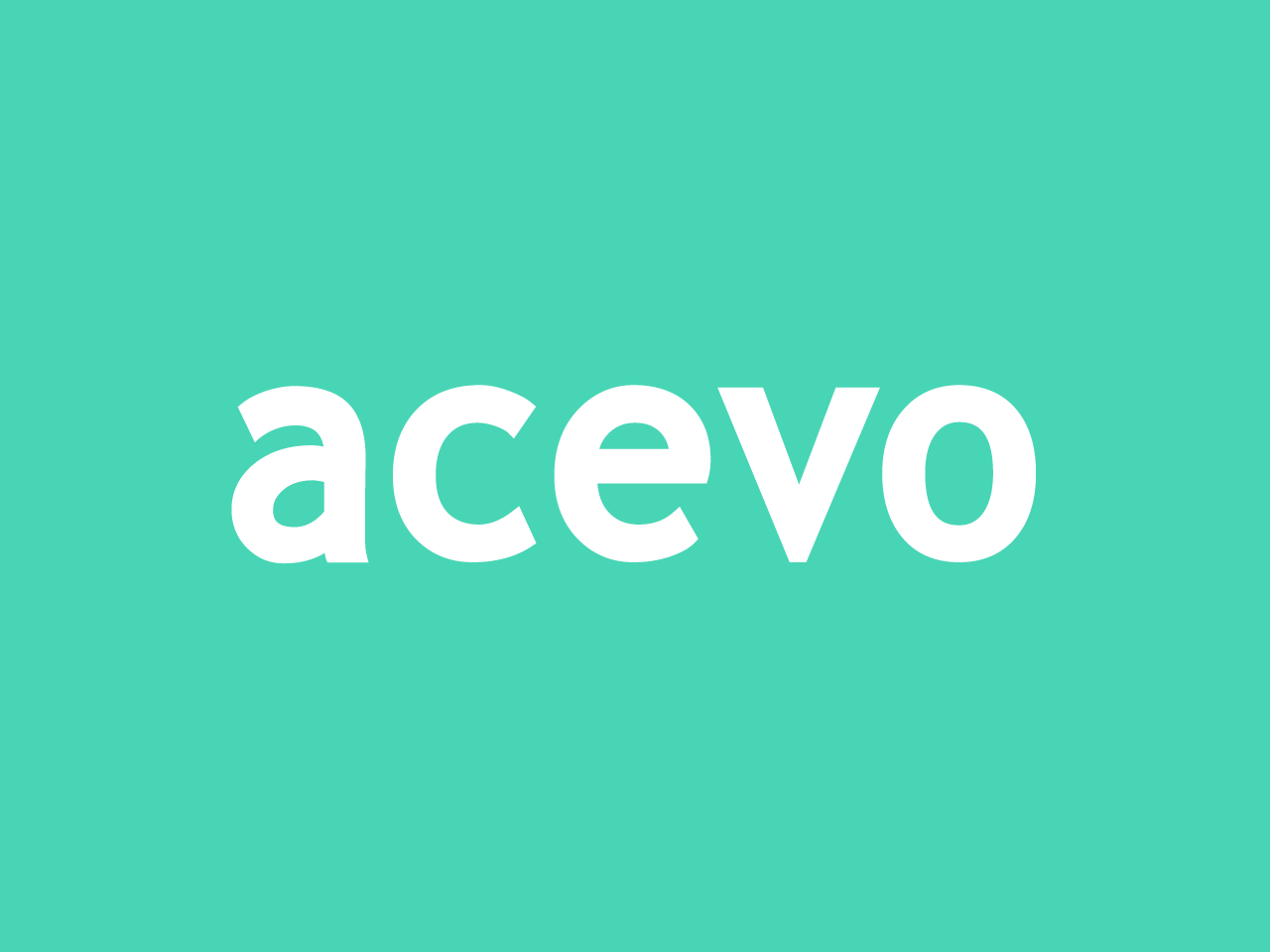Action is needed to tackle an under presentation of leaders with disabilities in the charity sector, according to a report published by ACEVO.
The charity leaders’ group report, called Hidden Leaders, looked at barriers facing people with disability in charity leadership.
This included interviews with disabled charity leaders as well as analysis of recent research.
According to the report while disabled people account for a fifth of the workforce, only 16% of charity sector chief executives are disabled and only 5.6% of ACEVO’s members have disclosed a disability.
Issues include a lack of understanding among charities of disability as well as a stigma around disability and how its disclosure impacts on employment.
The visibility of disabled leaders and “the missed opportunity to learn from them” is also detailed in the report.
“A recurring issue raised throughout the research interviews was the gap between words and actions; numerous interviewees spoke of disability inclusion within civil society as aspired to but rarely delivered,” said the report.
One charity leader said: “The voluntary sector does not walk the talk of disability inclusion.”
Another said: “Civil society is aspirational as a sector. We want to be as accessible as possible but there is disconnect with the reality and we think we’re special (exempt from work) because we are not-for-profit.”
Among concerns raised is that within the charity sector those with disabilities are being “typecast” for roles within health or disability charities.
“It is important to stress that disabled people do not necessarily work for, or want to work for, disability or health-related organisations,” states the report.
One charity leader told researchers: “You end up being typecast as to where you are and where you should be as a disabled CEO... At the start of my career I looked outside the disability space for work but didn’t get anywhere... As a disabled leader you are not seen as a whole person.”
The report includes recommendations for ACEVO to help strengthen inclusivity in senior charity sector roles.
This includes increasing disabled membership of ACEVO. A survey of disabled employees’ experiences in the sector is planned, looking at issues such as disabilities disclosure.
ACEVO is also urged in the report to work with other charity organisations to look at the experiences of marginalised employees.
Our head of policy @KristianaWrixon reflects on the publication of our new report #HiddenLeaders and the work ACEVO is doing to become a more disability-inclusive organisationhttps://t.co/gWjZcB2sQu
— ACEVO (@ACEVO) February 8, 2021
The report concludes: “The findings from interviews and further research generated from this work show that there is still a long way to go for civil society around both disability leadership and disability inclusion in general.
“The lack of quantitative data available shows that we need more data, research and discussion if we are going to help civil society live up to its values and benefit from the expertise of disabled people.
“The actions for civil society in this report aim to provide the foundations for the sector to grow and become more inclusive, but also providing the skills and information to truly hold the sector to account for the gap between its values and its practice.
“The recommendations for ACEVO recognise the central role it can play in helping disabled leaders to flourish.”
ACEVO chief executive Vicky Browning said: “I am committed to working transparently so that our members can hold us accountable for the action we take, and in the hope that others in the voluntary sector can learn alongside us.
“All the recommendations in the report will now be reviewed by a working group comprised of members of our board and senior leadership team who will report regularly on progress.”
Zara Todd, co-author of Hidden Leaders, added: “The voluntary sector has a long history with disability including many exceptional disabled leaders. However, our research showed that the sector has work to do to benefit from more disabled leaders’ expertise.
“We hope that the report and its recommendations will be a catalyst to support organisations in developing and celebrating disabled talent and our contribution to the sector.”
















Recent Stories